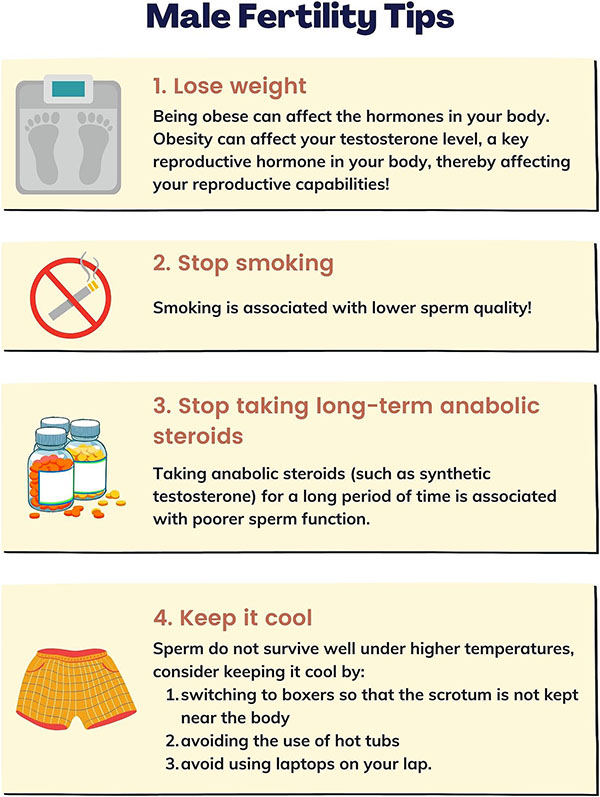HealthXchange will NEVER ask you to transfer money over a call. If in doubt, call the 24/7 ScamShield helpline at 1799, or visit the ScamShield website at www.scamshield.gov.sg.
Popular Fertility Questions Answered!

Intimacy issues can occur at different stages of intimacy. Don't hesitate to consult a doctor for further evaluation.
Got questions about fertility and sexual intercourse but too embarrassed to ask?
Not to worry, KK Women's and Children's Hospital (KKH), a member of the SingHealth group, answers popular questions below. While sexual intercourse is key in ensuring pregnancy, some tips in terms of understanding the menstrual cycle and fertility could help to make things more efficient and sustainable.
1. When trying for a baby, how often should a couple "do it" and is there a "best time"?


2. What can be done to make sexual intercourse more pleasurable for both parties?
Female sexual dysfunction affects up to 40% of reproductive age women. These difficulties may occur at different stages of sexual intimacy (e.g., desire, arousal, orgasm) or due to pain experienced.
This may translate into actions such as not wanting to engage in sex, not being able to maintain an erection or have one, problems with ejaculation (either too early or too late), or tight vaginal muscles resulting in difficulty to have intercourse. These issues are more common in couples with fertility problems. If you have any difficulties or pain during sexual intercourse, do consult your doctor for further evaluation.
3. Are certain positions deemed "more effective" than others for conceiving?
There is currently no evidence to suggest that sexual position, orgasms, or prolonged rest after intercourse can boost likelihood of pregnancy. Ejaculated sperm will reach the fallopian tubes within minutes regardless of these practices.
4. Do the use of lubricants increase or decrease the chances of conceiving?
Lubricants can be used when some help is needed to reduce friction. Most commonly found are water-based lubricants but these lubricants may affect the movement or survival of the sperm.
Thus, try to avoid these lubricants if possible. Instead, you can try hydroxyethylcellulose-based lubricants - existing research shows that this is a fertility-friendly lubricant.
Plus, Male fertility issues and tips - undressed!


5. When is the best time to do a urine pregnancy test?

6. When should I book my first antenatal visit?

Ref: J22
Contributed by
Related Articles
Conditions & Treatments
Public Events
Get the Health Buddy App
© 2025 SingHealth Group. All Rights Reserved.


















 Get it on Google Play
Get it on Google Play